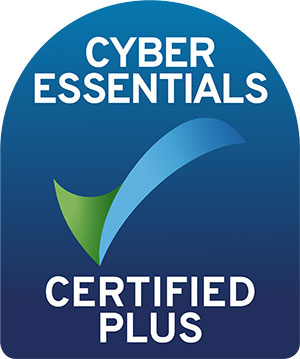Developing Core Skills for First Line Leaders by Sarah Tiffany
First-line managers are key asset in any organisation, the central line between the primary decision makers and frontline employees. At our Round Table event last year– Transforming Organisations with Purpose, Courage and Creativity -we talked about how we can systemically set first-line leaders up to succeed and we reminded ourselves of the diverse set of core skills they need in order to manage effectively and drive organisational success.
In this blog we hi-light the top 5 skills needed to set managers up for success, as identified by our delegates on the day.
- Effective Communication
Effective communication is key for all employees and crucial for leaders at any level. The ability to convey information clearly and actively listen to your direct reports goes a long way in eradicating misunderstandings, building trust and helping employees understand their role within the organisation and how they directly contribute to the overall success of the business.
On the flip side, failure to practice and develop good communication skills can lead to poor working relationships which contributes to a loss in sales and a damaged reputation. At this price, can you afford not to invest in the development of this core skill?
- Decision-Making
In the ever-changing, fast-paced, complex world of work we are asking managers to make more and more decisions. First-line managers need to be able to think fast and make measured, informed decisions in order to solve problems effectively. Our delegates identified the ability to stand back and make clear decisions as a key transferable skill for first line leaders which can:
- improve work flow
- aid strategic planning
- and enable creativity and innovation in the workplace.
- Delegation
It is becoming increasingly obvious that first- line leaders cannot do everything that is currently being asked of them. Whilst organisations need to seriously re-evaluate what they are asking of this population, refining the art of delegation is one of the ways to free up managers to focus on their strategic priorities. Empowering your team will not only contribute to overall productivity but it will build trust with your employees and help with their professional development and growth.
If you don’t do so already, consider spending some quality time with your team and look at what their day to day looks likes to see where these opportunities are and what to do about it.
- Agility – Flexing your leadership style
The business landscape is constantly evolving, and first-line managers must be adaptable to change. Whether it’s changes in technology, market trends, or organisational structures. Our delegates identified the ability to adapt and guide the team through periods of transition as essential. This requires a flexible mindset and a willingness to embrace innovation.
- Conflict Management
Conflicts will arise in almost all workplaces at some point, and it is vital that first-line leaders are both equipped and enabled to manage these situations as effectively as possible. Building upon those key communication skills, good conflict resolution ability allows managers to get to the heart of the issue, understand different perspectives and find pragmatic solutions to the problem. Through proactive management of the situation, they can maintain a positive work environment and prevent any issues from escalating.
In summary, when you think that first line leaders directly supervise as much as 80% of the workforce, it stands to reason that if you can systematically set them up for success then you have a great start in setting your whole organisation up for success. Continuous development and improvement of the key skills for this population will contribute to a thriving workplace and establish resilient, high-performing teams.

